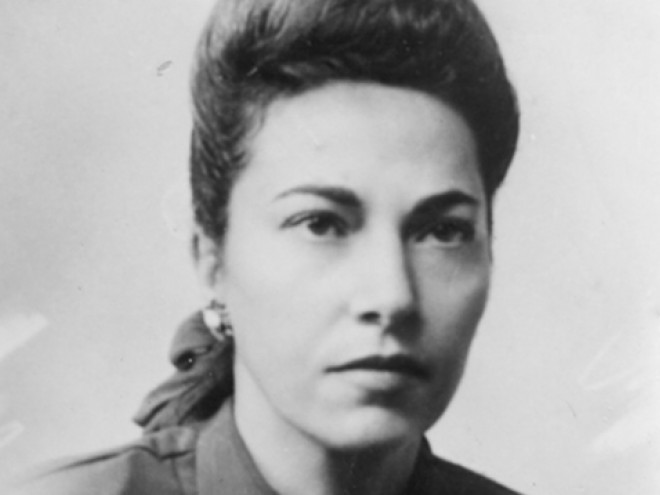The sixteen stories in this collection, carefully selected and translated from Yenta Mash’s life’s work in Yiddish, form a series of quiet explosions. Though they sometimes cry out, the voices are strangely subdued, recording as they do life behind the Iron Curtain in the decades of Soviet strangulation of subject peoples. Communities in Bessarabia, Moldova, and Siberia were at best unofficial prisons for aspiring souls and curious minds and at worst, official ones. For the surprisingly large, if relatively unknown, Jewish communities, the burdens included that of anti-Semitism.
For some, including Mash, immigration to Israel during and after the collapse of the Soviet Empire in the 1970s was a mixed blessing. There was so much that was unfamiliar, so much to get used to. More importantly, there was so much to remember before the memories would vanish.
In one story in this collection, Mash takes us into the lives of two young women, foresters working long hours for a bare subsistence. They cut down trees, prepare the trunks and branches for usable lumber, and carry them to be examined by their boss. The narrator is dependent on her more skillful coworker, Riva, without whom she would be lost. It’s the dead of winter, and there is no expectation of respite from the frozen misery of their lives. These intimates are the family breadwinners. From time to time, they make one another laugh. Though their relationship turns sour in later years, readers are left with their strength and indomitable spirits. What’s enchanting in this story and others is the comfortable way in which the characters carry their Jewish selves — with a mixture of knowledge and habit that sometimes seems more nourishing than any other part of their existence.
Each story is a gem, and they are arranged to interact with one another as parts of a mosaic. The characters are generally described in states of transition, coming or going across borders or to and from meeting places. They share experiences and confidences. They find a way of making do, in spite of their complaints and unfulfilled aspirations.
Mash’s narrative skill is quietly astonishing. She knows when to stop and that less can be more. She knows how to reveal her characters in conversations that at first seem mundane but soon reveal not only complex individuality but also uplifting profundity. Moreover, the world she conjures is not without a tonic ripple of humor.
Readers will not want to go where Mash’s life and imagination have been, but they will consider themselves fortunate for the vicarious journey she has provided.
Philip K. Jason is professor emeritus of English at the United States Naval Academy. A former editor of Poet Lore, he is the author or editor of twenty books, including Acts and Shadows: The Vietnam War in American Literary Culture and Don’t Wave Goodbye: The Children’s Flight from Nazi Persecution to American Freedom.





